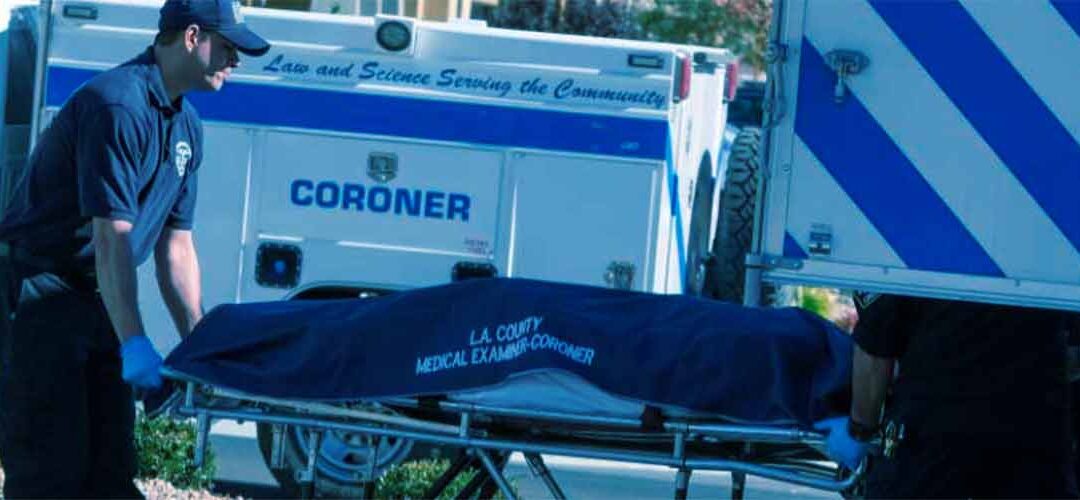
by Lorraine Palmer | Jul 23, 2024 | Death Cleanup
Death is a part of life, yet, depending on how it occurs, the aftermath of death can pose a threat to the living. In addition to the emotional turmoil and handling of someone’s estate that comes with death, there can also be health hazards that must be promptly... 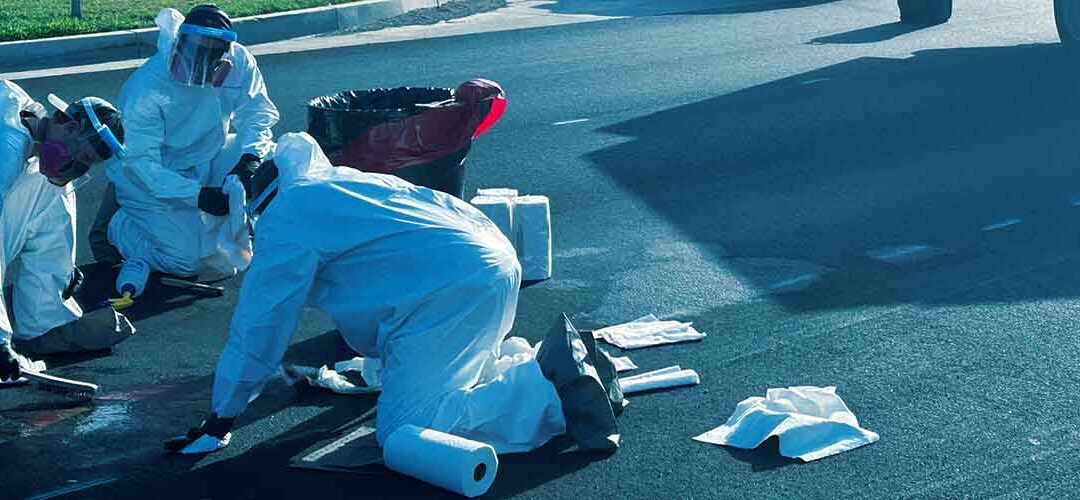
by Lorraine Palmer | Jul 12, 2024 | Oxnard
Bio SoCal was called to Oxnard, California to clean up blood at a crime scene in Oxnard after a horrific incident took place on a Sunday night in June. Tragedy in Oxnard According to the Oxnard Police Department, witnesses claimed a man was assaulted by several other... 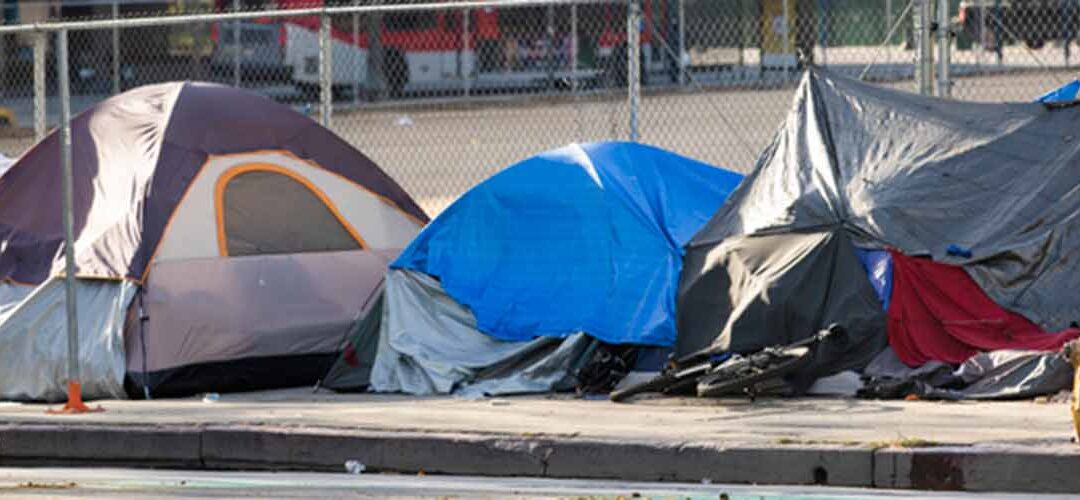
by Lorraine Palmer | Jun 28, 2024 | Homeless
Homeless encampments have become increasingly common in many urban and suburban areas throughout Southern California. Once people move out, an array of trash, feces, and drug paraphernalia remain that need to be safely removed and the property cleaned. Who is... 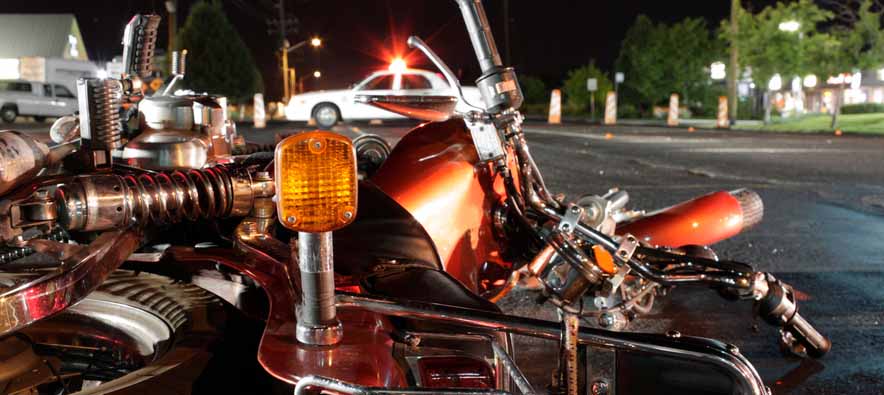
by Lorraine Palmer | Jun 18, 2024 | Biohazards
Bio SoCal was on the scene in La Quinta for blood and accident cleanup after a multi-vehicle crash on the night of Tuesday, May 14th. The accident, involving a pickup truck, two motorcycles, and a pedestrian, claimed the lives of three people and left another... 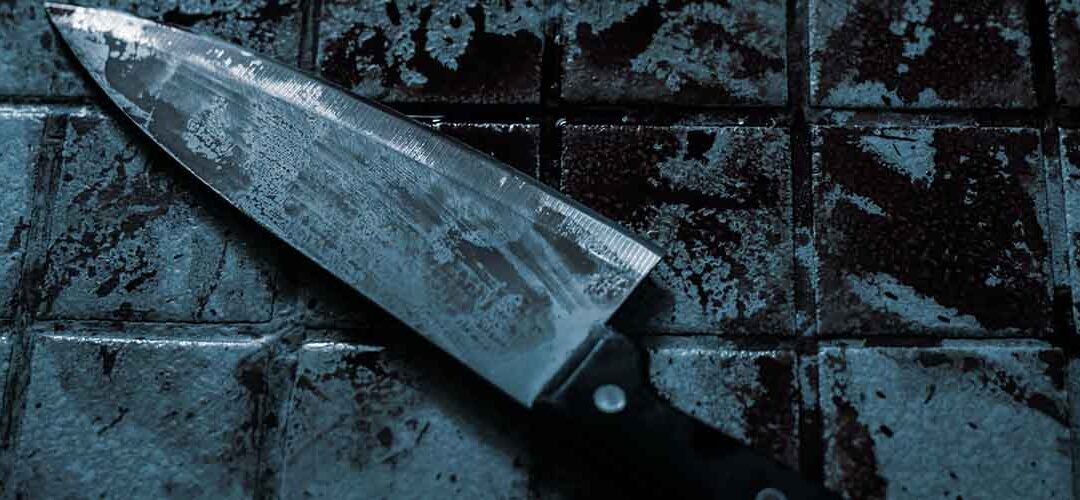
by Alan Cohen | Apr 11, 2024 | Blood Cleanup
When tragedy strikes, Bio SoCal is here to help. Always available for blood cleanup and homicide cleanup throughout Southern California, our Bio SoCal team was recently on the scene in Palm Springs after a 22-year-old allegedly stabbed and killed a 68-year-old man....





